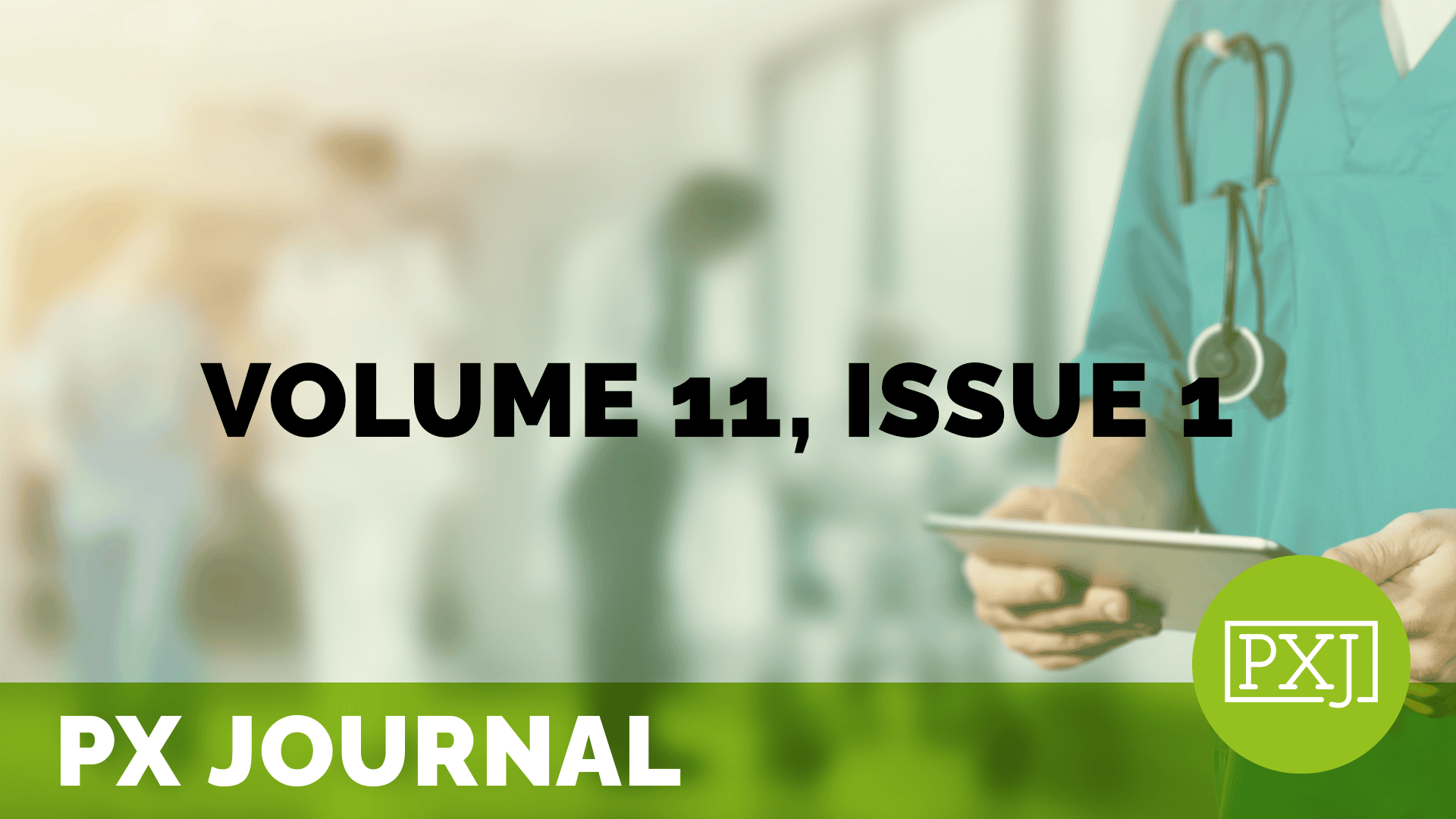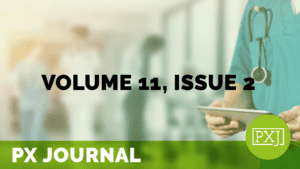Acceptability of a New Remote Monitoring Service for Patients with COVID-19 Infection using Wearable BioStickers™: A Mixed Methods Study
Published April 30, 2024


The COVID-19 pandemic saw rapid adoption of telehealth, including remote patient monitoring (RPM). There is limited evidence about how patients and staff experience such services in New Zealand. This study aimed to understand the acceptability of the RPM experience, particularly for Maori and Pacific peoples, and identify strengths, gaps, and limitations to inform future delivery of services. A mixed methods study was undertaken between 4 July and 11 September 2022 in Auckland. We conducted telephone surveys with patients and semi-structured interviews with patients and staff. Survey, and clinical and administrative data were analysed descriptively using SPSS. Interviews were analysed using Directed Content Analysis. 121 patients took part in the study, with the majority identifying as Maori and Pacific peoples (40% and 17%, respectively). We conducted 75 telephone surveys (62% response rate), and 30 semi-structured interviews (18 patients and 12 staff). Patients reported feeling safe and reassured while in the RPM service and that they would be willing to use it again. Staff reflected on a range of potential benefits that RPM offers, identified learnings and would like to see a more widespread rollout of RPM. This study demonstrated that remote monitoring of patients infected with Covid-19 can provide an acceptable model for a culturally diverse population. Future research could focus on applying this model to other patient groups, such as people with chronic conditions.
Related content
-
Innovation & Technology
Game On: Growing a Gaming and Technology Program that Improves Patient Experience
Published July 17, 2025

In this learning bite, a dedicated Child Life Technology Specialist role helped one hospital safely expand gaming, VR, and tech resources for patient experience. By adding safeguards and better support, the program increased entertainment access, protected patient privacy, and boosted satisfaction for kids and families.
Learn more -
Innovation & Technology | Patient Family & Community Engagement | Staff & Provider Engagement
The Patient Experience with Virtual Care
Published September 18, 2025

PX Marketplace Webinar (Complimentary) – 2pm ET / 1pm CT / 12pm MT / 11am PT – Bedside nurses love the efficiency and workflow improvements virtual care gives them. But what do patients think about it? Join leaders from The Christ Hospital, Cook Children’s, Henry Ford Health, and Lehigh Valley Health Network to hear how
Learn more -
Innovation & Technology
Patient Experience and Virtual Reality: The Use of an MRI Exam Simulator
Published August 8, 2024

Magnetic resonance (MR) imaging is a safe diagnostic method of high accuracy detection and characterization of various pathological conditions. However, due to the very closed aspect of the apparatus, the high sound amplitude emitted and the need to remain motionless for a significant time, some patients experience discomfort and high levels of anxiety, compromising time
Learn more
